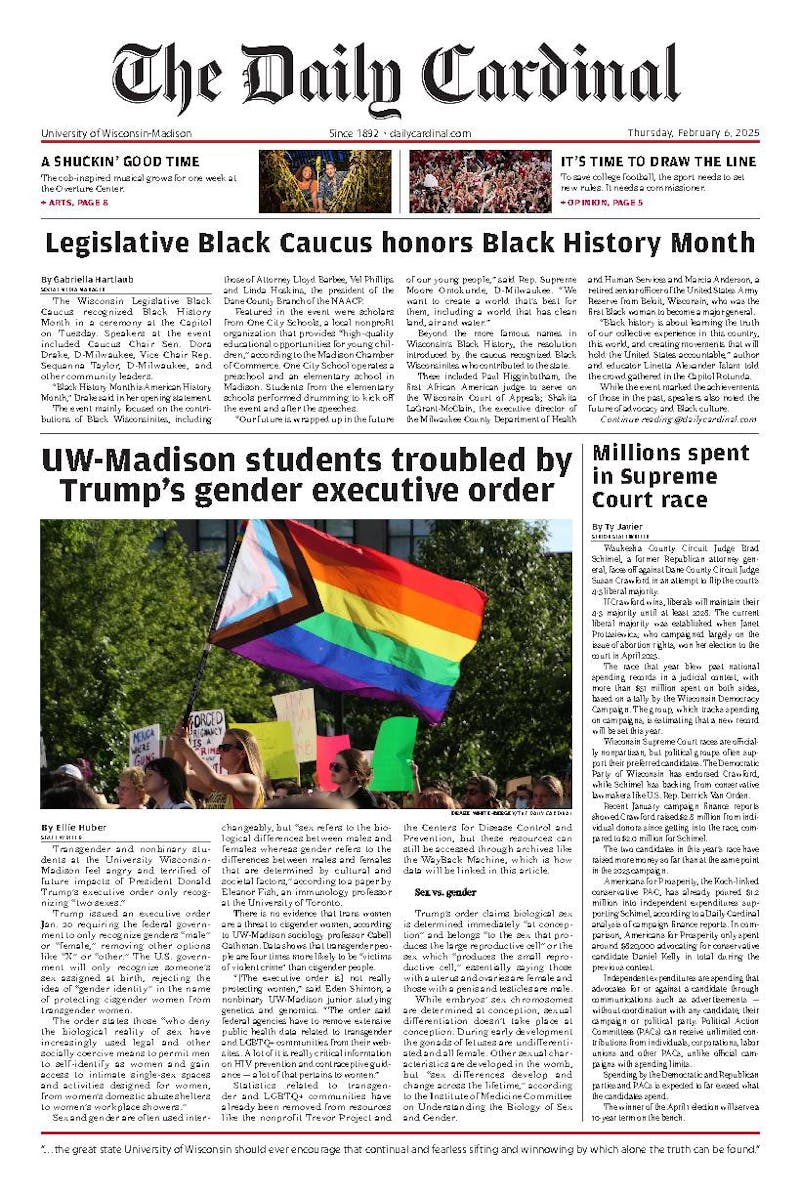If imitation is the highest form of flattery, then Democrats nationwide have been giving high compliments to Governor Walker for the past several months. Since last August, liberals in Wisconsin have focused all their political energies on stopping the Governor's agenda in response to his efforts to limit collective bargaining by government unions, known as the Budget Repair Bill.
On the other hand, national Democrats from liberal bastions such as Illinois and Massachusetts have seen the wisdom and success of Scott Walker's agenda and have chosen to imitate the policies implemented in Wisconsin. In Illinois, Democratic Governor Pat Quinn and the Democratic-controlled legislature passed a law limiting collective bargaining rights for government workers. Governor Deval Patrick, a Democrat from Massachusetts also signed a bill passed by the Democratic-controlled legislature to eliminate collective bargaining rights over healthcare benefits for government employees.
This nationwide, bipartisan support for limiting how much government unions can collectively bargain makes sense given the undeniable success of the Budget Repair Bill. Madison's own school board has applied Governor Walker's proposal in requiring teachers to pay for half of their own pension. This reform alone has saved Madison taxpayers $11.5 million, and as a result, the tax levy for Madison homeowners is smaller this year than last year. The Kaukana School District went from a $400,000 budget deficit to having a $1.5 million budget surplus as soon as the Budget Repair Bill was put into effect. These savings were put into the classroom by hiring more teachers and reducing class sizes.
However, the benefits of the Budget Repair Bill aren't exclusively fiscal. For instance, by changing work rules that collective bargaining had created, the district can now require teachers to work for 40 hours a week, increasing the time for one-on-one sessions with troubled students. These students would have had less face time with teachers and increased class sizes if collective bargaining rules had still been in place.
In the Milwaukee suburb of Brown Deer, the Budget Repair Bill is an opportunity to reward the best educators by instituting merit pay. The Brown Deer school district is looking at how to measure effective teaching and encourage it via merit pay. The Brown Deer School District's business manager Emily Koczela says, ""No Wisconsin public school district has ever had the opportunity in any of our lifetimes to even think about these things."" The fact that measuring performance and rewarding the best performers was such an obscure concept before the Budget Repair Bill shows how collective bargaining did great damage not only to taxpayers but also to the children schools are meant to serve.
Restoring fiscal sanity, protecting the taxpayers, and improving the classroom environment are just some of the benefits of the Budget Repair Bill that caused people across the partisan aisle and throughout the country to replicate Governor Walker's Budget Repair Bill.
Why then are there no massive protests in Springfield or Boston against these liberal politicians who, just like Governor Walker, support limiting the rights of government unions to bargain against taxpayers? Why were millions of national union dollars spent in a failed attempt to retake the Wisconsin state senate, rather than recalling apparent ideological allies who follow in Governor Walker's footsteps?
This paradox, like many political actions, is motivated by money. Namely, the union dues that will no longer be forcibly deducted from the paychecks of civil servants motivates the outrage seen in Wisconsin. Before Governor Walker's reforms, the government was required by statute to use the force of law to send money teachers and other civil servants have earned to unions, which would use that money to bankroll the political campaigns of their favorites. Now, Wisconsin's civil servants have a choice about whether money from their paychecks can be used to bankroll political campaigns of their unions' favorite candidate.
Although Governors Quinn and Patrick implemented the majority of Governor Walker's Budget Repair Bill they lacked the courage to take on the political money that bankrolls campaigns. Governor Walker, on the other hand, wanted to give civil servants a choice about how their money was spent and even allow them to keep more of their own paycheck, rather than requiring that their money be sent to the unions who would then spend it on political campaigns.
The bottom line is that the government unions often care more about their political power than the citizens they are hired to serve. It is this addiction to power and money that fuel the unions attempt to submerse Wisconsin into a vicious, destructive and potentially endless recall cycle.
Evan Bradtke is a member of the UW-Madison College Republican's Public Relations Committee. Please send all feedback to opinion@dailycardinal.com.





